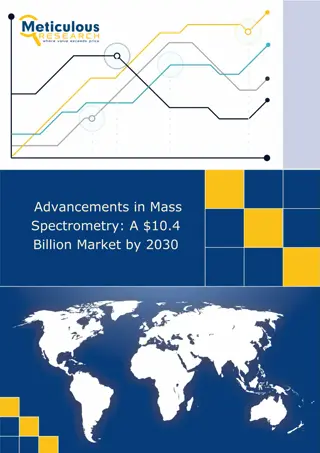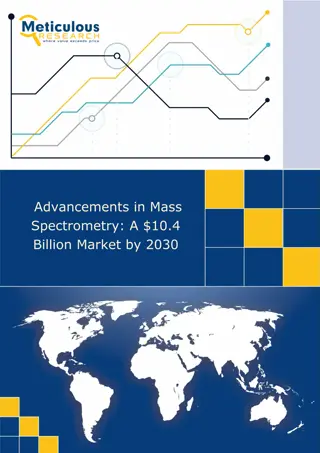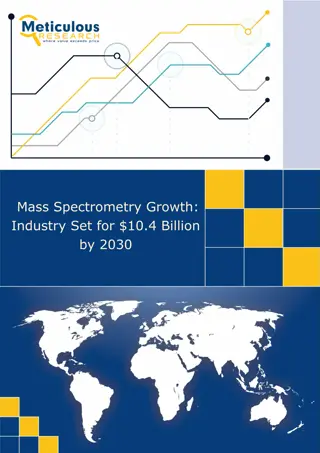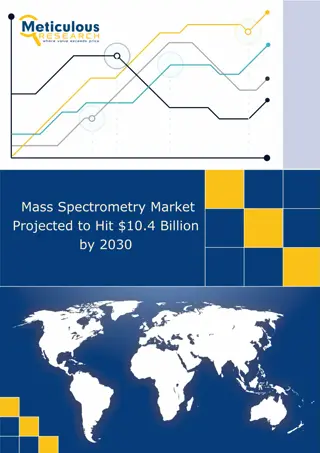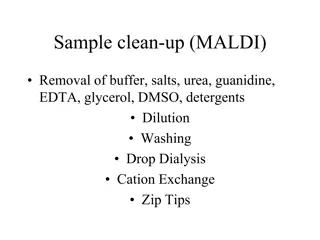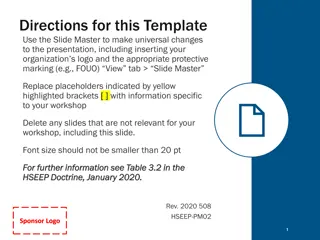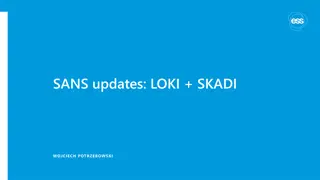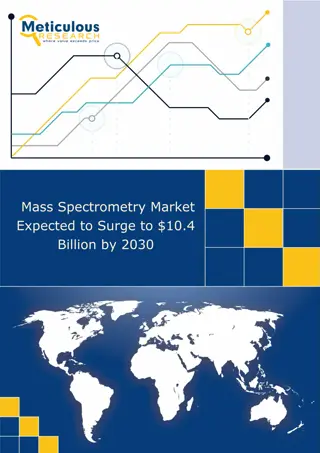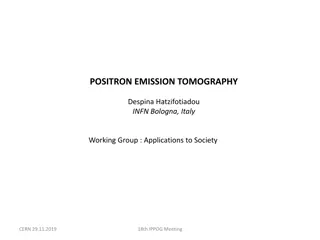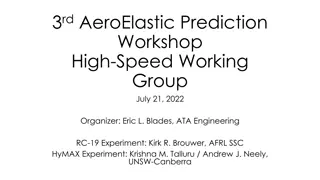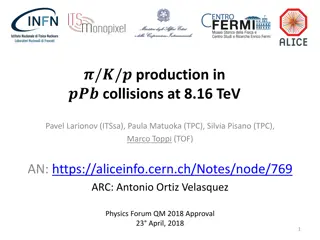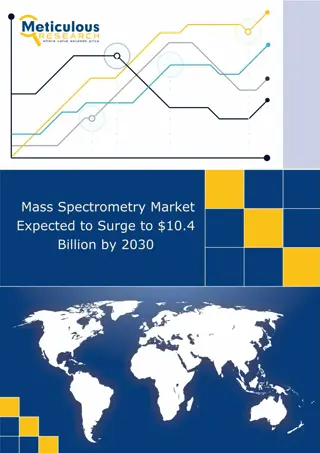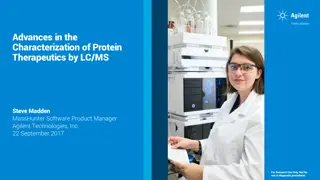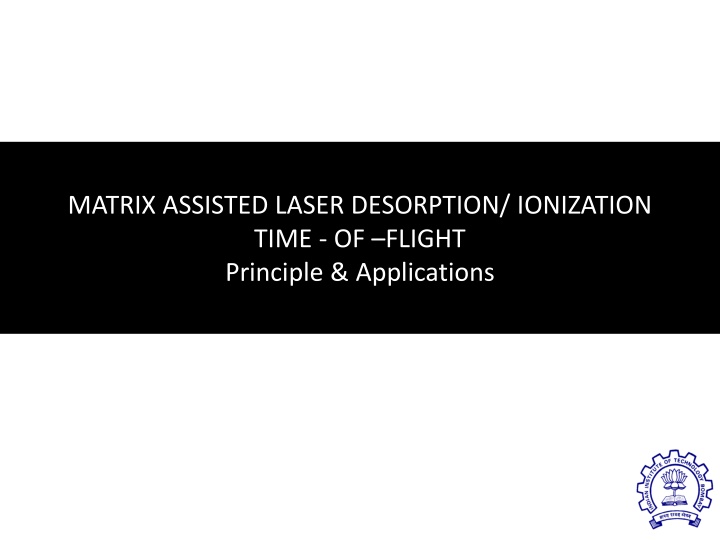
Introduction to MALDI-TOF Mass Spectrometry Applications
Explore the principles and applications of Matrix-Assisted Laser Desorption/Ionization Time-of-Flight (MALDI-TOF) mass spectrometry, including ion separation, ionization techniques, and commonly used matrices. Discover the differences between linear and reflectron modes, as well as animations and protein identification using MALDI-TOF technology.
Download Presentation

Please find below an Image/Link to download the presentation.
The content on the website is provided AS IS for your information and personal use only. It may not be sold, licensed, or shared on other websites without obtaining consent from the author. If you encounter any issues during the download, it is possible that the publisher has removed the file from their server.
You are allowed to download the files provided on this website for personal or commercial use, subject to the condition that they are used lawfully. All files are the property of their respective owners.
The content on the website is provided AS IS for your information and personal use only. It may not be sold, licensed, or shared on other websites without obtaining consent from the author.
E N D
Presentation Transcript
MATRIX ASSISTED LASER DESORPTION/ IONIZATION TIME - OF FLIGHT Principle & Applications
MALDI Mass Spectrometers Ion Separation Ionization Ion Detection Ion Source Electron ionization Chemical ionization Electrospray ionization MALDI Mass Analyzer Quadruple Magnetic sector filed Ion trap Time of flight Detector Electron multiplier Multichannel plate Faraday cup
PRINCIPLE 104 Relative Intensity (a.u.) 3.0 2.0 1.0 0.5 0 24,000 26,000 28,000 30,000 22,000 20,000 m/z
SCREENSHOTS OF COMMON MATRIXES USED IN MALDI Sinapinic acid matrix DHB matrix HCCA matrix Dithranol matrix 3-HPA matrix Terthiophene matrix
LINEAR Vs REFLECTRON MODES Linear mode Linear mode Reflectron mode Reflectron mode
MALDI MS/MS or TOF/TOF Precursor Ion Fragmentation
MS/MS PROTEIN IDENTIFICATION MS SPECTRA LGFNAEPVR MS/MS SPECTRA Mascot search results & Interpretation
Protein Spectra- Mass Identification P53 protein
Peptide Spectra- Mass Identification Synthetic peptide
Peptide Mass Fingerprint Using MALDI Conclusion- Expected mass was observed in MS spectra Conclusion- Expected protein gives first hit in MS/MS spectra
Nucleic acid Spectra- Mass Identification Synthesized Single stranded DNA
Polymer Spectra- Polymer characterization P3HT polymer sample
Protein binding Gold Nano particle binding to Fish Oil protein
Protein binding Mercury binding to Lactalbumin





